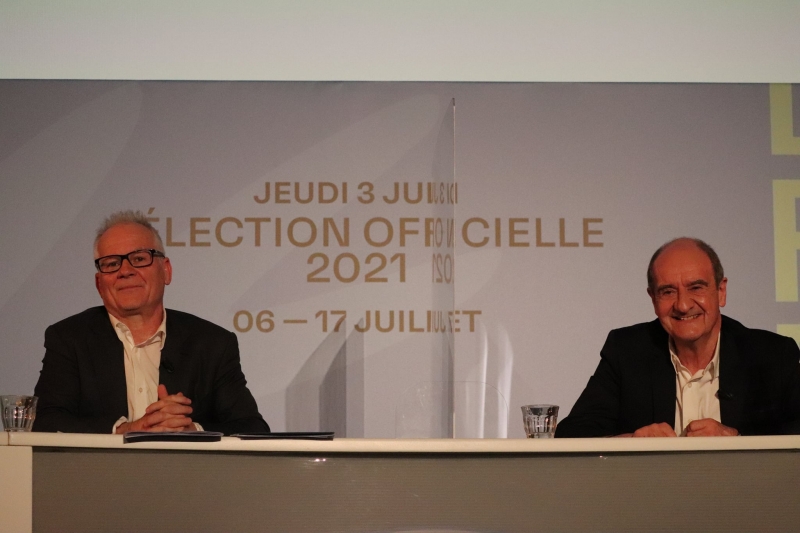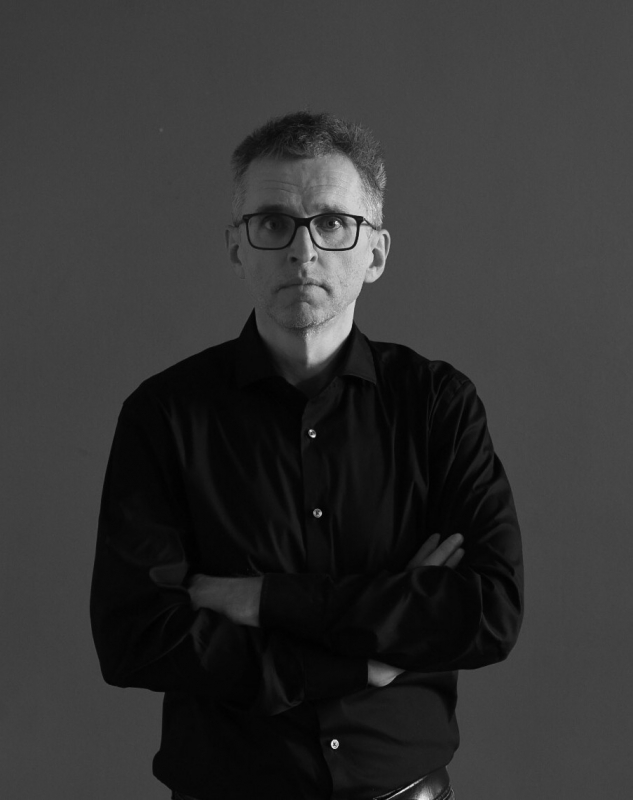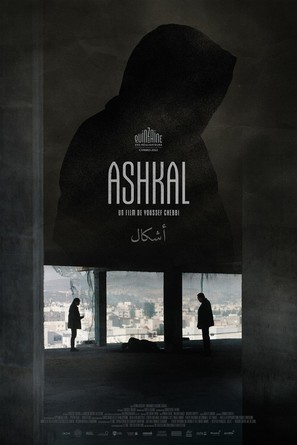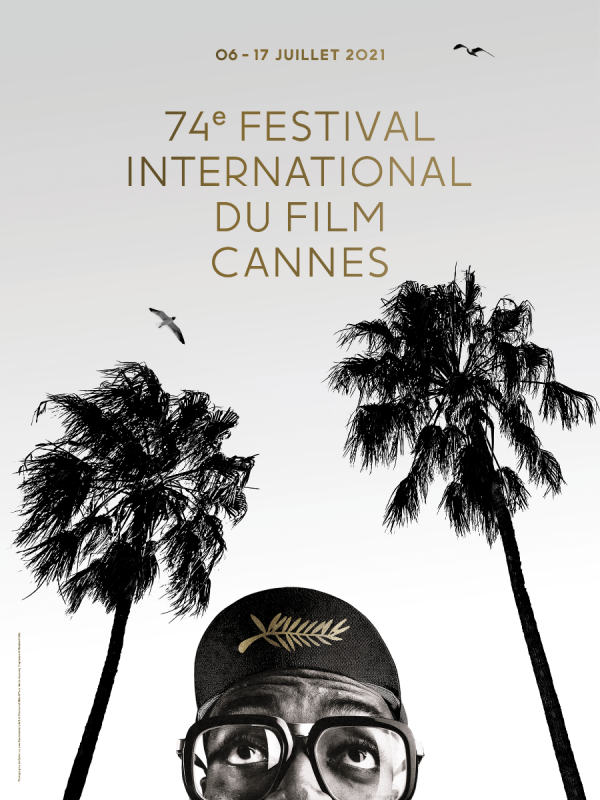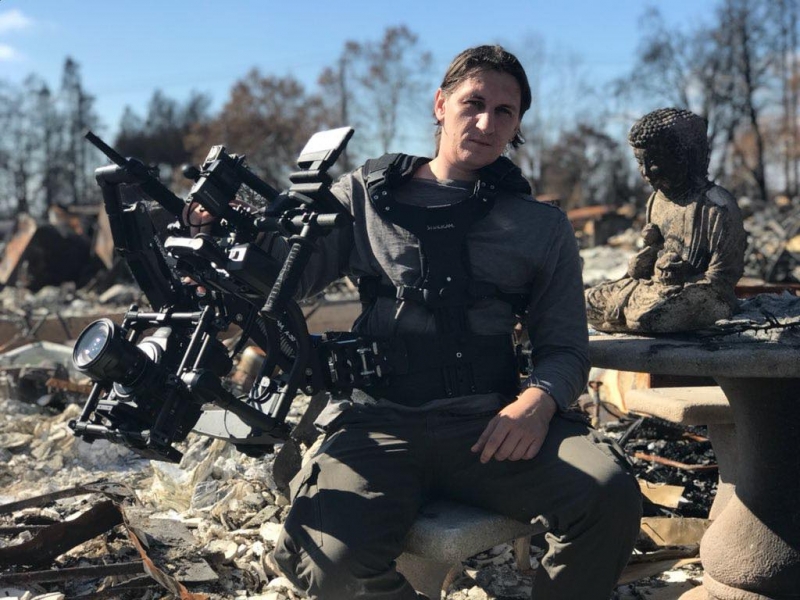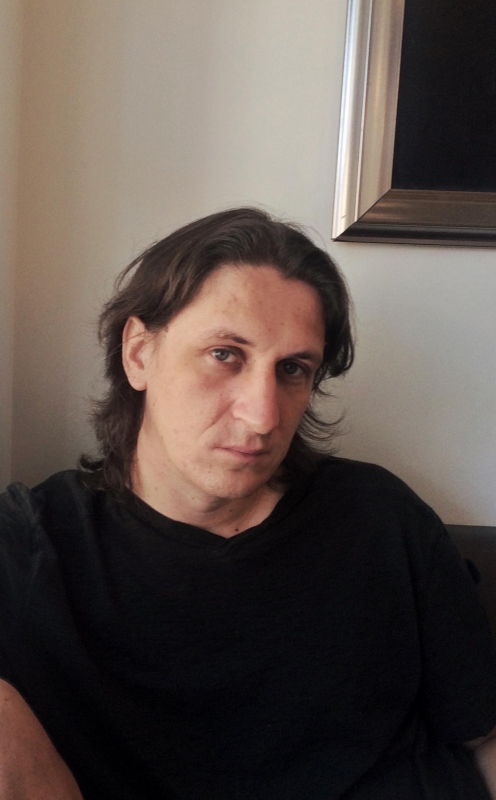|
|
||
|
Pro Tools
FILMFESTIVALS | 24/7 world wide coverageWelcome ! Enjoy the best of both worlds: Film & Festival News, exploring the best of the film festivals community. Launched in 1995, relentlessly connecting films to festivals, documenting and promoting festivals worldwide. Working on an upgrade soon. For collaboration, editorial contributions, or publicity, please send us an email here. User login |
“Les Chansons d’Amour ” by Christophe HonoréAfter having presented his previous films in Cannes – 17 Fois Cécile Cassard (Seventeen Times Cecile Cassard - 2002) in Un Certain Regard and Dans Paris (Inside Paris - 2006) in the Directors’ Fortnight – French director Christophe Honoré is back on the Croisette, but this time in Competition, with a musical comedy featuring Louis Garrel – who already appeared in Ma Mère (My Mother) and Dans Paris – along with Ludivine Sagnier, Chiara Mastroianni, Clotilde Hesme and Grégoire Leprince-Ringuet. Les Chansons d’Amour focuses on the tribulations of a triangle love story composed of Ismaël, Julie and Alice. The musical soundtrack bills thirteen original songs, performed by the actors and scored by Alex Beaupain. Based on pre-existant material, Christophe Honoré declared: “There was no question of me making a parody of the genre. I simply approached it by saying: ‘This film is a musical because the characters can only express their feelings by singing.‘ The issue of the story was never raised in fact, only the idea of how to deal with it without becoming petrified, how to tell it and make it work in a musical structure that reflects on the whole film. The settings, such as the parent’s apartment return like a chorus, with a different tone according to what happened in the previous verse. And, as in a song where certain instruments return or vanish while others are added on, the secondary characters give fresh impetus to the story while others are ejected from it.”
Press conference
The press conference for the Competition feature, Les Chansons d’Amour, was attended by the director Christophe Honoré, actors Louis Garrel, Ludivine Sagnier, Clothilde Hesme, Chiara Mastroianni and Grégoire Leprince-Ringuet, singer-composer Alex Beaupain, and producer Paulo Branco. Excerpts follow. On the origins of the project: Alex Beaupain: “I was a little bit afraid because the project he talked to me about in September was to start shooting in January, but I’m rather used to this with Christophe. I thought it was a very interesting project and I was enthusiastic about all of these songs. Some of them I had already sung on my first album, but to get actors and actresses to sing them, and to re-write some of them to fit the screenplay I was offered, I found it very exciting.” Alex Beaupain on directing the actors: “I just got them to sing the songs and to sing with the right rhythm and they all knew how to do this. As for the direction, it’s Christophe who did this. It wasn’t very simple sometimes because I was thinking about the songs and he was thinking about bringing the story to life, so sometimes there were a few frictions during the recording, but we really complemented each other." Christophe Honoré on the romanticism of the film: “This is the main idea of the film. These are characters, which are very romantic, each romantic in their own way, but they were all unable to express their feelings to other people. So the songs were the opportunity to express their feelings. I had never dealt with love in my films before. I’ve made films which avoided love feelings. I was afraid of feeling sloppy or mocking. As in life, it is sometimes difficult to be in love and to be with other people in love and so these songs allowed us to achieve a kind of lyricism and deal with the emotions, but standing back as well.” Christophe Honoré on the concept of the neo-New Wave: “I’m not a child of the New Wave; I don’t have an inheritance like these filmmakers in the early eighties, but I think those films have a kind of link with the New Wave because we’re in a similar situation today. There’s a return to academic cinema as there was in the 1950s and to artistic cinema now. People are talking about the difficulty of making artistic films, and how artists can get around the laws of the market by shooting with people they know and like, with very personal subjects, by making films very quickly to highlight a certain grace and desire, with a certain academic style. It’s more the way of making a film the way that New Wave filmmakers did. It’s not just esthetic; it’s also an economic choice… I like a certain degree of impatience and I want to get people together... And this idea of pooling ideas and resources is the lesson of the New Wave.” Christophe Honoré on references to Jean Eustache: “I would say that what I have understood from Eustache is that a film is above all a form of language. I mistrust the arcane nature of screenplays. I don’t like climaxes; I don’t like films that are too formatted. More and more, I believe in the strength of dialogue. When the dialogue is a way of asserting a language in the film, it’s important. So in this film, there’s definitely work on the language. When you move from language to songs, it’s a really harmonious moment. Alex and his songs had a kind of poetry expressed through metaphor, and if I had combined them with very naturalistic dialogues, the transition would have failed.” Louis Garrel on the difficulty of singing: “It was such a constraint to sing; it was the most difficult thing to do. You have to abandon your body as it were when you sing. You’re concentrating so hard on your voice, you don’t realize what you’re doing. And when I was singing, when I was acting, I allowed myself to do whatever I wanted.” 19.05.2007 | Cannes's blog Cat. : Alex Beaupain Alice Cannes Cannes Cécile Cassard Chiara Mastroianni Christophe Honoré Christophe Honoré Cinema of France Clothilde Hesme Clotilde Hesme Clotilde Hesme Dans Paris Entertainment Entertainment festival de cannes Grégoire Leprince-Ringuet Grégoire Leprince-Ringuet Honoré Jacques Demy Jean Eustache Julie Leprince-Ringuet Louis Garrel Louis Garrel Love Songs Ludivine Sagnier Ludivine Sagnier Ma Mère Paris Paulo Branco Seventeen Times Cecile Cassard FESTIVALS
|
LinksThe Bulletin Board > The Bulletin Board Blog Following News Interview with IFTA Chairman (AFM)
Interview with Cannes Marche du Film Director
Filmfestivals.com dailies live coverage from > Live from India
Useful links for the indies: > Big files transfer
+ SUBSCRIBE to the weekly Newsletter Deals+ Special offers and discounts from filmfestivals.com Selected fun offers
> Bonus Casino
User imagesAbout CannesMy festivalThe EditorUser contributions |



















